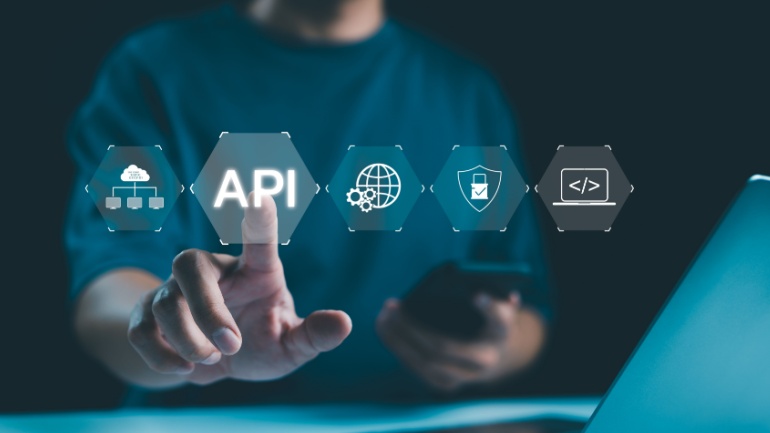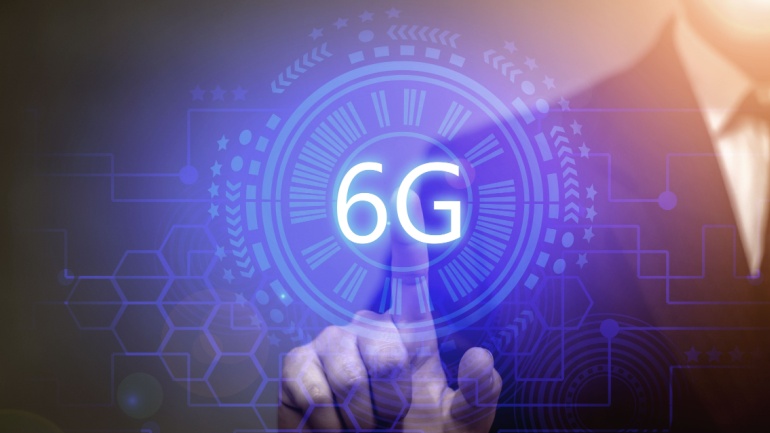Ericsson and global operators like Vodafone and AT&T have launched a joint venture to commercialize network APIs globally. This initiative aims to standardize API offerings, fostering innovation and monetization in the 5G era. By collaborating with major players such as Vonage and Google Cloud, the venture promises to revolutionize the voice over IP (VoIP) landscape.
SK Telecom is revolutionizing its AI service, “A.”, with a focus on enhancing the natural conversational experience and comprehensive daily management. The newly revamped app, featuring multi-agent support and LLM integration, allows users to manage calendars, schedules, and routines through intuitive voice commands.
Vodafone Germany is investing €250 million to expand its B2B unit, targeting corporate consumers and enhancing its digital offerings. Partnering with IT leaders like Microsoft and AWS, the move aims to capture more of the competitive enterprise market. This strategic investment underscores the growing importance of VoIP and digital solutions.
Hrvatski Telekom is set to revolutionize Croatia’s largest shipping hub with a private slice of its public 5G network at the new Port of Rijeka. This initiative, in collaboration with APM Terminals and ENNA Group, will integrate advanced 5G technology to support remote-controlled operations, enhancing environmental responsibility and operational efficiency.
South Korean telecommunications leader SKT is enhancing its position in artificial intelligence with a $200 million investment in Smart Global Holdings. By acquiring a significant stake, SKT strengthens its AI infrastructure capabilities. This strategic move underscores SKT’s commitment to evolving as a global AI powerhouse, integrated with cutting-edge Nvidia GPU technology.
Korean carrier SK Telecom and Singaporean firm Singtel signed an MoU to develop next-gen telecom networks, focusing on AI and network virtualization. The collaboration aims to create foundational technologies for 6G systems, improve edge-AI infrastructure, and enhance 5G capabilities.
By 2030, nine billion cellular and IoT devices will feature eSIM and iSIM technology, revolutionizing the VoIP industry. With a projected 22% annual growth rate, these technologies promise enhanced versatility for smartphones, connected cars, and industrial sensors.
EE has announced the deployment of its innovative ‘cell sleep’ technology on its 4G network, aiming to significantly reduce energy consumption. This new technology allows certain 4G LTE carriers to enter a low-power mode during times of low demand.
Deutsche Telekom, SK Telecom, e&, Singtel, and SoftBank have officially launched a joint venture to advance AI technologies tailored for the telecommunications sector. These industry leaders aim to create Large Language Models (LLMs) specifically designed to enhance customer interactions through digital assistants and chatbots.
NEC has introduced a groundbreaking radio-over-fibre system featuring 1-bit fibre transmission, designed to create affordable, compact distributed antenna units (DAUs). This innovative technology transmits high-frequency analogue signals using a cost-effective electrical-to-optical converter, commonly used in digital communications.













